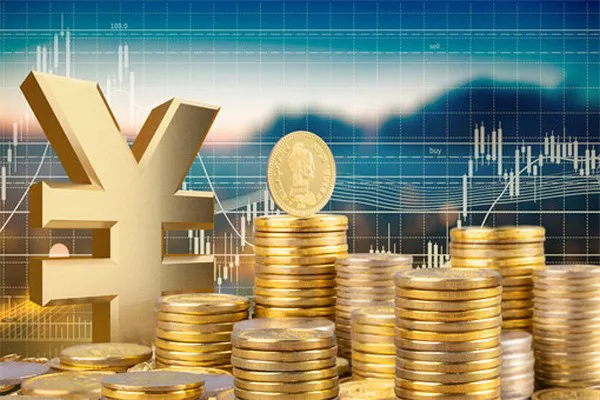Shanghai’s gold market is experiencing a surge in prices as trading resumed following the Golden Week holiday, providing substantial support to a broader global gold rally triggered by the Israel-Hamas conflict over the weekend.
The Shanghai spot gold price on Tuesday was trading close to the record premiums achieved in September. The precious metal hit a high of $2,067.45, surpassing London prices by more than $112 per ounce, according to data compiled by Bloomberg.
The spread between Shanghai and London gold prices reached a record $121 per ounce on September 14, although it narrowed slightly after the central bank relaxed certain limits for state and midsized commercial banks the next day. However, the premium started to climb again after the holiday lull.
The widening gap between the gold prices in Shanghai and London began in July and was partially attributed to restrictions on gold imports. The People’s Bank of China (PBoC) decided to reduce existing quotas and cease issuing new quotas to banks for importing international gold when the renminbi reached its lowest level against the dollar in 16 years in August.
As a result of the Chinese market’s inactivity, gold prices plummeted to seven-month lows on spot and futures markets last week. However, when local markets reopened on Monday, gold experienced a surge of as much as 2.7% on the Shanghai Gold Exchange, marking its largest single-day increase since mid-August when import controls were imposed. The price increase in China was nearly double that seen in international markets, despite the safe-haven demand resulting from the Israel-Hamas conflict.
The Golden Week holiday has underscored the growing influence of China’s domestic gold market on the international benchmark price. Everett Millman, Chief Market Analyst at Gainesville Coins, noted the significance of the Chinese market on gold prices outside the country. The absence of Shanghai’s support during the holiday week removed a key source of consistent demand from the market.
Millman predicted that Chinese traders’ return to the market after the holiday would provide a strong boost to gold prices. He highlighted the role of Shanghai’s high gold premiums in maintaining global gold prices, even if import limits constrain domestic buyers’ ability to fully influence benchmark prices. The influence of these premiums and continued buying activity from China impacts the psychology and sentiment surrounding the global gold market.
While the Shanghai gold premium may not be the sole driver of global gold prices, it is a significant factor that influences price movements. Millman anticipated that with the return of Chinese buyers to the market, the premium would likely rise again, prompting gold prices worldwide to play catch-up and close the gap.
This prediction is currently materializing, with spot gold maintaining the majority of its gains from Monday and trading at $1,858.63, only slightly below its previous high of $1,865.22.

